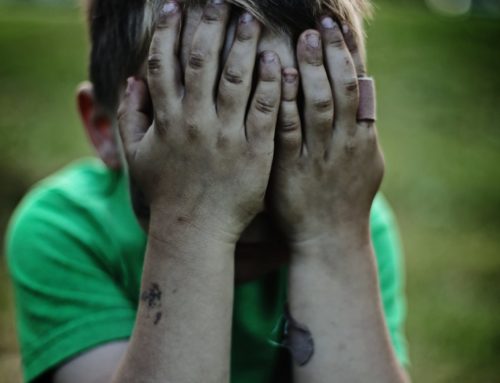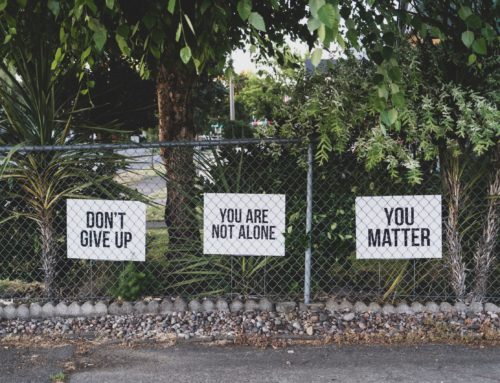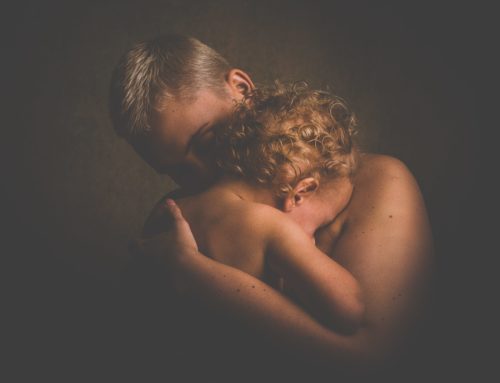Don’t Forget About YOU
One of the greatest pains in life is watching someone you love struggle. It can be downright excruciating to witness your loved one go through the process of addiction. It’s tempting to try to help them “get it” or encourage them to find ways to cut back or quit. Unfortunately, these good intentions typically lead to tension and unwanted stress for both of you.
Over the years, the progression of addiction can be seen in hindsight. But living the daily moments of it make it difficult to detect. In the beginning, it’s easy to view red flags as small blips on the radar. In reality, a serious issue is evolving.
Those “blips” on the radar seemed like no big deal at first: blackouts, consuming more drinks than intended, or unexplained absences or injuries. These incidents may have seemed isolated at first before developing into a pattern. Addiction is progressive, so those “blips” turned into a sinking feeling and a gigantic secret. A secret you hide from everyone (including you): Your Loved One Is Addicted.
And in that process, there is a parallel progression happening simultaneously. You lose sight of YOU. Friendships and other relationships may diminish over time. Thoughts and actions are focused on your loved one’s use. So much energy is expended on what they are doing (or not doing), whether they are using, and what excuses or explanations can be made in case trouble arises for your loved one.
Codependency is a term that therapists use to describe the parallel progression for those who love someone experiencing addiction. There is hope for anyone wanting to break the cycle of feeling lost in someone else’s use. Maintaining compassion for your loved one while establishing boundaries can feel tricky at times, but it can be done.
5 TIPS TO HELP YOURSELF WHEN YOUR LOVED ONE IS ADDICTED:
Addiction 101.
Understanding what your loved one is experiencing can help relieve shame for everyone involved. Anyone experiencing addiction has an incurable but treatable brain disease. This develops due to genetics and sometimes in response to a traumatic experience or environment. Your loved one still exists deep down; Their disease is just stronger during active use. And it may stay that way until they seek help in community-based meetings and/or seek professional help when they feel ready.
Safety Plan.
Remember to keep yourself (and your children) safe by avoiding riding in the car with anyone that you suspect may be intoxicated. Some people experience a personality change under the influence. Protect yourself and any children from verbal or physical aggression. In some cases, this may mean dialing 911 and temporarily staying elsewhere until the threat of aggression is no longer present. If this scenario applies to you, seek professional help with a therapist to help you further establish a detailed safety plan.
Detach With Love.
Learning how to maintain compassion while establishing new boundaries can be a freeing experience. Some simple methods of detachment involve making small changes for yourself. Try an experiment and see if you can stop counting how many drinks they’ve had or how many days in a row they have used. Is this exercise easy or challenging? What if you let go of pointing out things that get under your skin, such as undone chores?
Find Yourself Again.
This is a fun one. Remember the last time you felt carefree? What were you like then? What were you doing? Are you doing those things now? If not, give yourself permission to rediscover YOU! Call friends or anyone that gets you back in touch with that carefree joy: go out for coffee, a movie, a walk…anything! Stop and smell the roses again. A common phrase used in Al-Anon is “You didn’t cause it [the addiction], and you can’t stop it.” Just remember: Addiction is going to do what it does whether you are at home worrying about it or out enjoying life.
Get Support.
Al-Anon is a community-based support group for those who love someone with an addiction. They have helpful resources and literature on how to focus on yourself rather than others. The community can be a wonderful support network for those affected by a loved one’s addiction. Check out the program and take a friend to your first meeting if it helps you get to a meeting. Working with a licensed therapist trained in addiction and codependency can help you gain insight. Addiction education, establishing boundaries, and emotional support are all areas in which a professional can help you in detaching with love and rediscovering YOU.
If you or a loved one is in need of support, Low Country Counseling offers specialized therapy for Individuals, Moms, Couples, Families, Children, and Teens. Contact us for any questions you need answered or to schedule an appointment. Help is available. You are not alone!
Hope Starts HERE.






